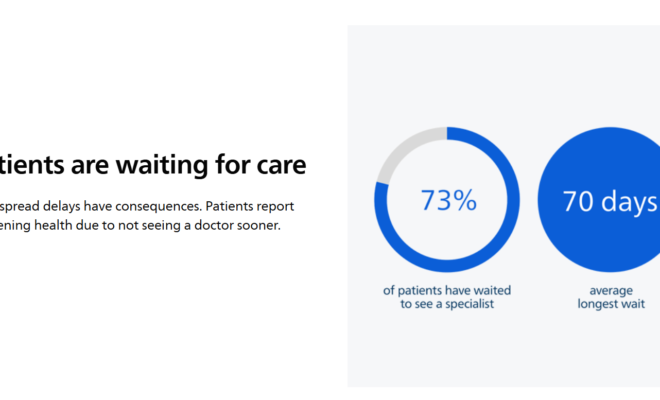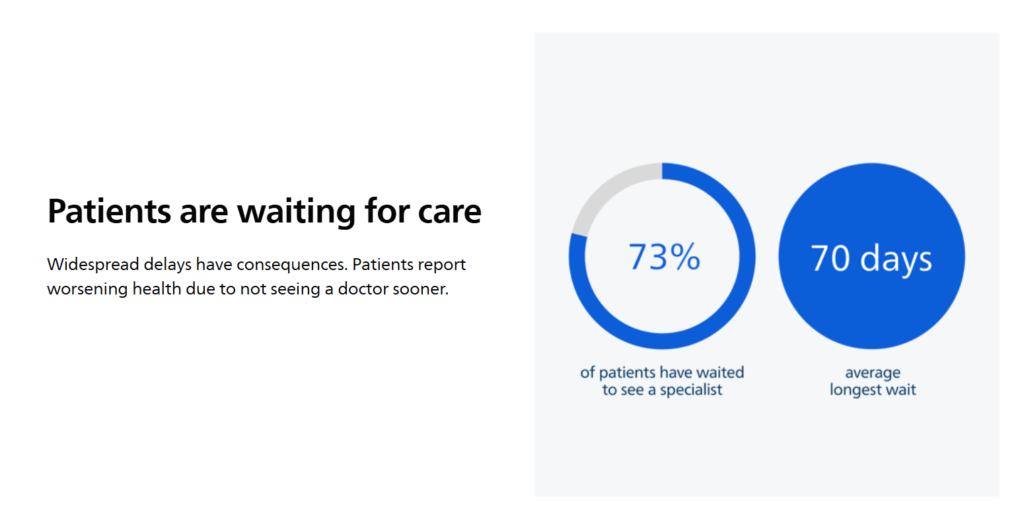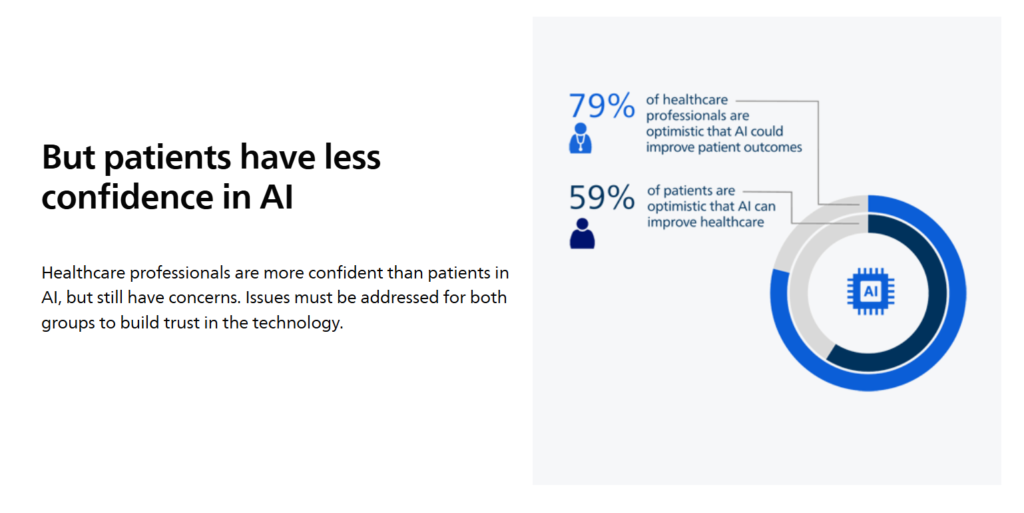
Health x Wellness
Philips: The Future of Healthcare in APAC Hinges on Trusting AI
47 Days. That’s How Long You Might Wait for a Specialist.
Waiting nearly seven weeks to see a specialist is more than frustrating—it can be dangerous.
According to Philips’ newly released Future Health Index 2025 report, two-thirds of patients across Asia Pacific (APAC) are stuck in that very reality, with nearly one in three saying these delays are actively harming their health.

Some are even landing in hospitals because they couldn’t see a doctor in time. It’s not just a logistical issue—it’s a life-altering one.
Enter AI: From Buzzword to Lifesaver?
If you ask APAC healthcare professionals, nearly 9 in 10 believe that AI and predictive analytics could literally save lives by identifying warning signs earlier and helping them intervene before it’s too late.
But the benefits don’t end there:
- 81 percent say AI could reduce hospital admissions
- 86 percent believe it could cut back on emergency procedures
- And a whopping 76 percent say they’re losing critical clinical time because patient data is incomplete or inaccessible
In plain terms? AI could help them spend less time chasing paperwork and more time helping people.
Burnout, Admin Burdens & A Shrinking Workforce
Another harsh truth: Many APAC clinicians say they’re now spending less time with patients and more on admin than five years ago. And with a projected 6.9 million healthcare worker shortage in Southeast Asia alone by 2030, something’s got to give.
Top concerns if AI isn’t adopted:
- Rising patient backlogs
- Clinician burnout
- Falling behind in delivering modern care
Trust Is the Missing Piece
Despite optimism, there’s friction. Doctors worry about who’s liable if AI makes a mistake (71 percent). Some fear biased data could worsen healthcare gaps (66 percent). And among patients? Concerns about data security and reduced face time with doctors persist.
Interestingly, nearly 86 percent of patients say they’d feel better about AI in healthcare if their doctor explained it to them—proof that trust starts in the consultation room.

From Innovation to Implementation
Most healthcare professionals (81 percent) share that they are involved in tech development—but 39 percent feel the tools aren’t built for them. So how do we fix that?
Jasper Westerink of Philips APAC puts it clearly: “AI can help clinicians act faster, make better decisions, and anticipate needs earlier.” But, he adds, it takes industry-wide collaboration to truly unlock AI’s potential—and make trust part of the equation.
Report available at this link – https://www.philips.com/a-w/about/news/future-health-index/reports/2025/building-trust-in-healthcare-ai.html
Infographics attributed to Philips.






